President Robert Mugabe's grip on power has faced little recent threat from Zimbabwe's splintered opposition, but efforts to forge a unified alliance in next year's election could test his supremacy. Any opposition bloc would first have to overcome fierce rivalries within their various camps, and then hold together in an intense and often violent political landscape dominated by Mugabe's ZANU-PF party.
Two deals between opposition parties signed this week represent an embryonic attempt to forge an alternative to Mugabe's rule, which began with independence from Britain in 1980. Now aged 93 and in weak health, Mugabe has struggled to maintain control over ZANU-PF. The party has been hit by infighting and public frustration over the country's economic woes.
The strife presents an opportunity to the opposition only if they can unify, according to Alois Masepe, a Harare-based political analyst."It is a move in the right direction," he said of steps toward the alliance. "A fragmented opposition does not help anyone except ZANU-PF." Anything less than unity would mean near-inevitable victory for Mugabe.
The going is tough, after decades of repression, vote-rigging and ZANU-PF violence during campaigning. But another stumbling block is apathy. "The opposition leaders must find strategies to get the people to participate," Masepe said. "The majority... don't." On Wednesday, Morgan Tsvangirai, leader of the Movement for Democratic Change (MDC), held a joint press conference with Mugabe's former vice president Joice Mujuru, who has set up the National People's Party.
"This is just the beginning," Tsvangirai said as the two signed a pact to work together to try and topple Mugabe in next year's poll. The following day, Tsvangirai signed another pact to re-unite with the MDC-N, which split away in 2005, and is led by the influential Welshman Ncube. The MDC has been weakened by repeated splits, and was badly fractured by Tsvangirai's troubled term as Mugabe's prime minister in a coalition government from 2009 until 2013.
"We owe it to future generations, we owe it to ourselves to do everything that we can to make sure that come 2018 we won't fail," Ncube said. In 2008, Tsvangirai pulled out of a run-off against Mugabe after a wave of deadly violence, vote-rigging and voter intimidation from ZANU-PF operatives. This week's pacts, however, are fledgling. "More still needs to be done to unravel the matrix of cheating by ZANU-PF," warned Takavafira Zhou, a political scientist at Masvingo State University.
Another tricky problem facing any broad-based opposition alliance would be deciding which of its leaders would emerge as the candidate to take on Mugabe. The two top names would appear to be Tsvangirai and Mujuru, who was expelled from ZANU-PF in 2015 after Mugabe's wife, Grace, accused her of plotting against the president. Mujuru is seen as relatively moderate, but her long record as a former Mugabe loyalist would raise major concerns among those who have opposed the regime - often at great risk - for years.
Mugabe himself has mocked the chances of would be opponents. "They have tried this and that, been together, they split again, they talk of coalitions," he said earlier this month. "We look with joy as they daily turn on each other while pretending to chase a mirage they have termed the grand coalition, apparently unaware of the grand defeat that stares them in the face."
BR100
15,235
Increased By
150.4 (1%)
BR30
44,824
Increased By
812 (1.85%)
KSE100
149,971
Increased By
1353.3 (0.91%)
KSE30
45,655
Increased By
407.2 (0.9%)


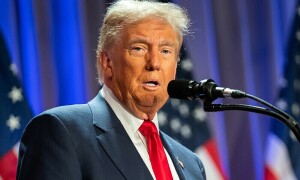


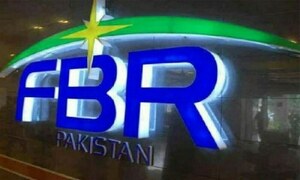
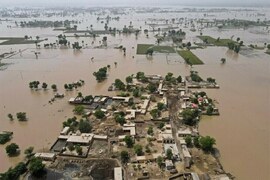







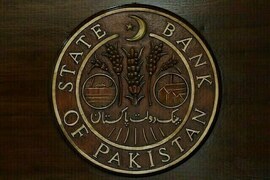
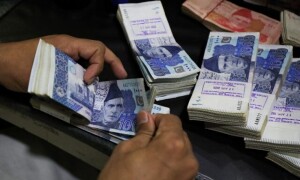






Comments
Comments are closed.